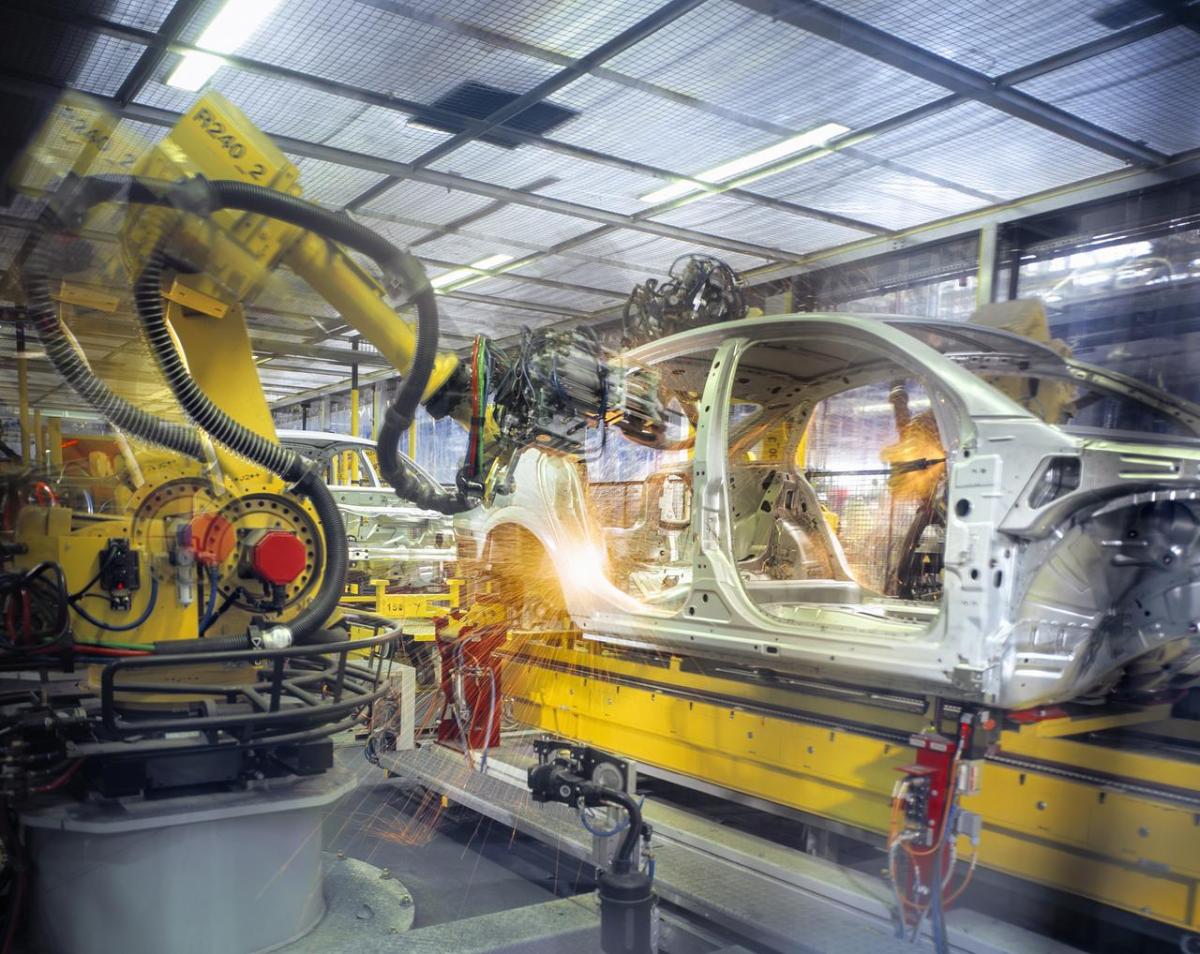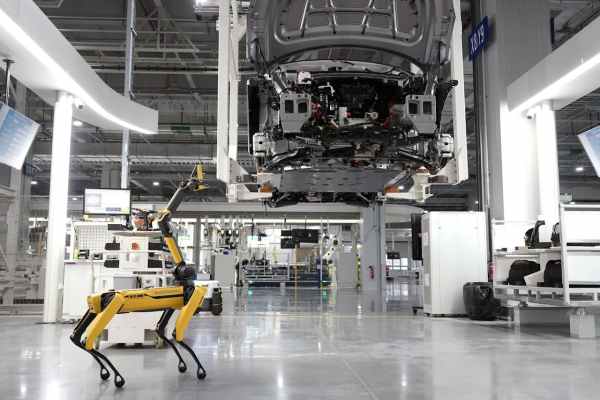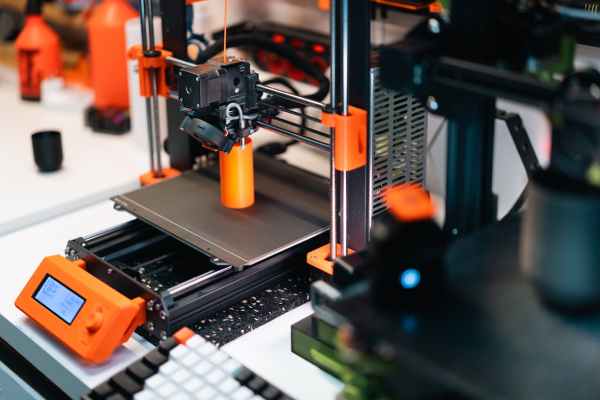Industry 4.0 is the result of incorporating new technologies to monitor the entire production process. It is a constantly evolving and expanding sector, although recent studies published by Deloitte indicate that in the coming years IoT will triple its presence, being the main global trend in the sector.
Industry 4.0 and smart strategies
In 2021, the Farnell company published a report on global IoT trends, in which it predicts the strong presence of this innovation in the connected industry in the coming years. 25% of the respondents underscore the significance of this technology to industrial automation and control.
Today, 72% of industrial companies are already implementing IoT strategies, as shown by the report ‘IoT Signals: Manufacturing Spotlight by Microsoft, in partnership with Intel and IoT Analytics, as more and more manufacturers are driving the path towards connectivity.
The report indicates that IoT applications in industry are mainly focused on improving quality control and machine maintenance, and it describes commonalities such as the quest for operational improvement, the migration of local infrastructure use to cloud platforms, and increased investment in connectivity.
While industrial companies are continuing to embrace IoT, some are encountering difficulties during its implementation. According to Microsoft, some companies have problems developing new software applications and training their employees. In addition, there is a knowledge gap in the industrial sector with respect to data science, AI and cybersecurity.
Benefits of applying IoT in Industry 4.0
Nowadays, digitalisation is a key factor for almost any company in any sector. However, Industry 4.0 organisations that choose to apply more advanced technologies such as IoT, Big Data and Artificial Intelligence manage to improve their productivity, customer satisfaction and even generate new business opportunities.
In the case of IoT in Industry 4.0, companies in the industrial sector succeed in adapting the work of operators to that of machines, especially robotics, and the data that is generated, thus bringing added value to production. These are some of the benefits of linking connectivity and the productive sector:
Enables energy efficiency
IoT is positioned as the best option for industrial companies to improve their energy efficiency programmes. The installation of sensors makes it possible to monitor energy consumption in real time and measure the carbon dioxide released by each industrial facility.
Improved business return
Automation allows for cost savings and improved service, and reduces the need for inspections to resolve problems. The IoT has mechanisms capable of diagnosing any type of failure accurately and quickly, thus speeding up technical service.
Controlled machinery
Machine monitoring enables constant workflow control of each machine, detects problems and is able to reduce potential risks and workplace accidents. Thanks to sensor alerts, the machines are subject to predictive maintenance.
Improved production quality
By incorporating IoT into production, companies can control problems associated with production quality and customer service. Sensors uphold quality standards, reduce manual processes, and also avoid human error. In addition, they assist in supply control tasks, detect potential risks associated with theft and substitution of wrong ingredients or resources.
IoT in Spanish Industry 4.0
According to the report ‘Internet of Things: Technology as an ally of sustainability’ from the EAE Business School, Spain does not stand out in the rankings for countries with the best digital skills. However, industrial agriculture is emerging as the most mature sector for IoT deployment, followed by energy and property and service management.
Spain is becoming a world reference in the use of technology in agriculture. As confirmed in a study by the Spanish Association for the Digitalisation of Agriculture, Livestock, Fisheries and Rural Areas, the country is already home to more than 750 agrotech companies. It also ranks third in the world in data collection in the farming sector.
Although, as the “Connected Human Report” reveals, the Spanish agricultural sector has been relatively slow to incorporate new technologies, high-precision machinery for fertiliser application, crop monitoring tools and smart tractors, among others, are already available.







